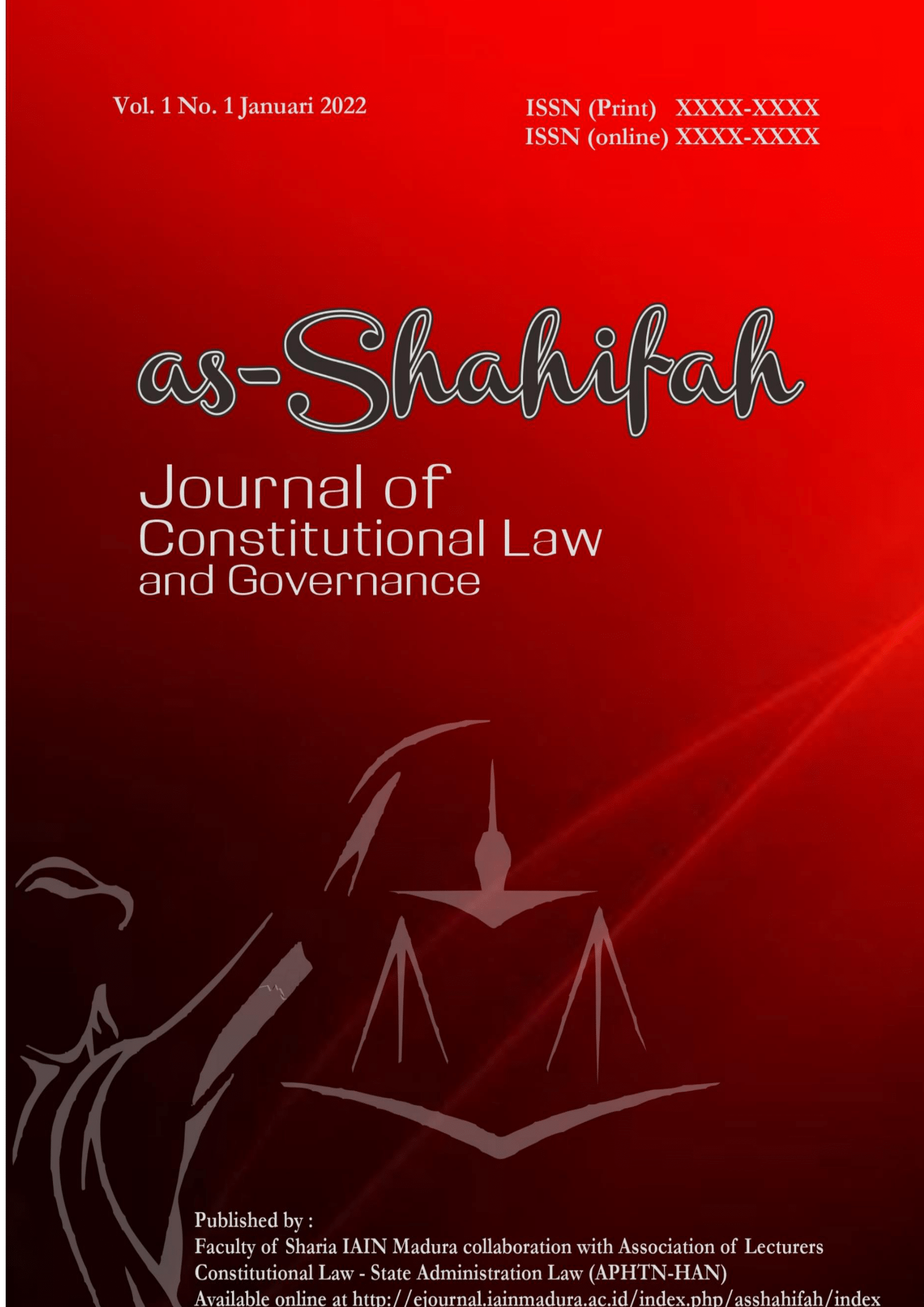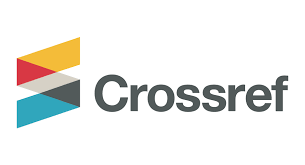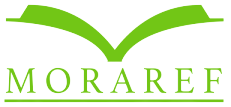Konsep Independent Regulatory Agencies Dalam Kewenangan DKPP Sebagai Lembaga Peradilan Etik
 Abstrak views: 151
,
Abstrak views: 151
,
 PDF (English) downloads: 170
PDF (English) downloads: 170
Abstrak
The research in this journal discusses the authority of the Election Organizing Honorary Council (DKPP). DKPP is one of the triumvirate election organizers in Indonesia whose authority is to handle problems that occur between Election Organizing Institutions. This research uses normative law research methods by using several approaches including statute approach, case approach, and conceptual approach. In the Political Law of Elections in Indonesia, the status a quo gives the DKPP such coercive authority related to the enforcement of the code of ethics. However, over time, there is a problem that considers that DKPP has exceeded the limits of its authority as an Ethics Institute. Moreover, after the transfer of his secretariat to the Ministry of Home Affairs, it was feared that it would interfere with the independence of the DKPP as one element of the election organizers. Because basically the EMB must be independent and with integrity. The transfer is based on Presidential Decree No. 67 of 2018. This should not have happened because the Elections Organizing Body does not only handle the legislative election process but also the Executive. So it is feared when this happens it will interfere with the independence of the DKPP. Bearing in mind that, the decision of the DKPP is final and binding.
##plugins.generic.usageStats.downloads##
Referensi
Afan Gaffar, Politik Indonesia: Transisi Menuju Demokrasi, Yogyakarta, Pustaka Pelajar,2006.
Ateng Syafrudin, Pasang Surut Otonomi Daerah, Orasi Dies Natalis Unpar; Bandung, 1983.
Bagir Manan, Wewenang Provinsi, Kabupaten dan Kota dalam Rangka Otonomi Daerah, Makalah pada seminar nasional yang diselenggarakan Fakultas Hukum UNPAD, Bandung, 2000.
Indroharto, Usaha Memahami Peradilan Tata Usaha Negara, Pustaka Sinar Harapan: Jakarta, 2002.
Jimly Asshiddiqie, Konstitusi dan Konstitusionalisme Indonesia, Sinar Grafika; Jakarta, 2010.
Maimun Maimun and Ainul Haq, “Prinsip-Prinsip Hukum Islam Dalam Peraturan Daerah: Melacak Motivasi Dan Efektifitas Perda Bernuansa Syariah Di Pamekasan”,”AL-IHKAM:Jurnal Hukum & Pranata Sosial 13, no. 1 (2018):121.
Ni’matul Huda, Ilmu Negara, Jakarta; Rajawali Press, 2014.
Ni’matul Huda, Sengketa Kewenangan Lembaga Negara Dalam Teori dan Praktik di Mahkamah Konstitusi, Artikel.
Prajudi Admosudirjo, Hukum Administrasi Negara, Ghalia Indonesia, cet.9. Jakarta, 1998.
Ramlan Surbakti, Studi Tentang Desain Kelembagaan Pemilu yang Efektif, Jakarta; Kemitraan bagi Pembaruan Tata Pemerintahan, 2015.
Kiani Irena Maki dkk, Kewenangan Dewan Kehormatan Penyelenggara Pemilu Republik Indonesia Dalam Memutus Pelanggaran Kode Etik, Lex Administratum, Vol. VIII/No. 4/Okt-Des/2020.
Curtis W. Copeland, “Economic Analysis and Independent Regulatory Agencies”, draft Report for the consideration of the administrative conference of United States, USA., 2013, 6.
Rizki Ramadani & Moch. Andry WW.M, The Independency of the Corruption Eradication Commission of the Republic of Indonesia (KPK RI) in Indicators of Independent Regulatory Agencies (IRAs), Substantive Justice International Journal of Law, Vol. 1, Issue 2., Juli 2018.
Publishing your paper with As-Shahifah : Journal of Constitutional Law and Governance means that the author or authors retain the copyright in the paper. As-Shahifah granted an exclusive non commercial reuse license by the author(s), but the author(s) are able to put the paper onto a website, distribute it to colleagues, give it to students, use it in your thesis etc, so long as the use is not directed at commercial advantage or toward private monetary gain. The author(s) can reuse the figures and tables and other information contained in their paper published by As-Shahifah in future papers or work without having to ask anyone for permission, provided that the figures, tables or other information that is included in the new paper or work properly references the published paper as the source of the figures, tables or other information, and the new paper or work is not direct at private monetary gain or commercial advantage.
As-Shahifah journal provides immediate open access to its content on the principle that making research freely available to the public supports a greater global exchange of knowledge. This journal is licensed under a Creative Commons Attribution-ShareAlike 4.0.This license lets others remix, tweak, and build upon your work non-commercially, and although their new works must also acknowledge & be non-commercial, they don’t have to license their derivative works on the same terms.
As-Shahifah journal Open Access articles are distributed under this Creative Commons Attribution-ShareAlike 4.0 International License (CC BY-SA). Articles can be read and shared for noncommercial purposes under the following conditions:
- BY: Attribution must be given to the original source (Attribution)
- SA: If you remix, transform, or build upon the material, you must distribute your contributions under the same license as the original.









